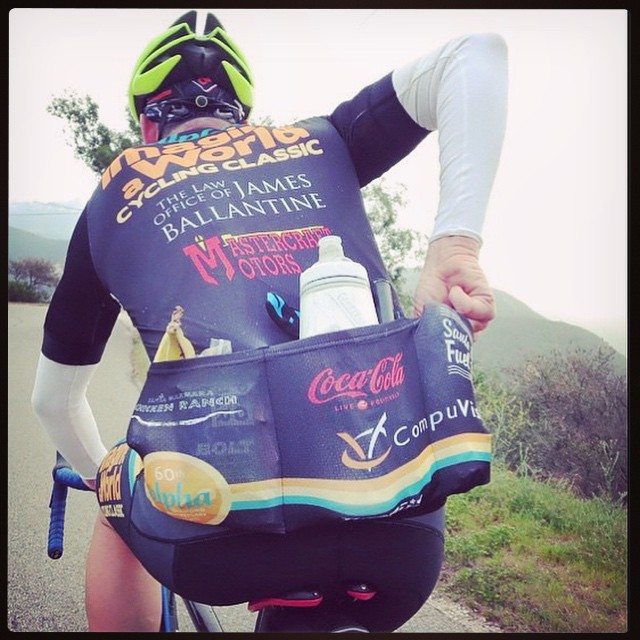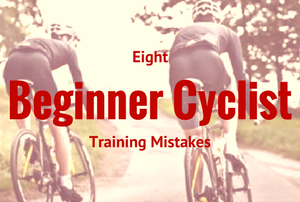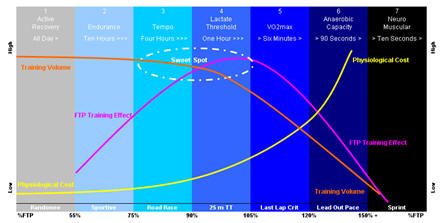Core strength is something that most cyclists know about, but don't tend to train very often. Even if they do train core strength and stability during the off-season (or the “not so off season” as I call it) they tend to ignore it again once the weather turns nice and on-bike training begins in earnest.
That mistake could not be more damaging to your season long cycling progression.
As you'll learn in this podcast, the core of your body is one of the most important parts of your power production on the bike. A weak core can lead to a variety of problems from neck and low back pain to loss of power, fatigue on long rides and unrealized power. So click through and start learning about what your core is, why core strength is so important and how you can build core strength with a free preview download of my upcoming Unbreakable Core Stability training plan.
Don't forget to like and share with your friends and help them build their core fitness and strength too!
Continue reading “The Truth About Cycling Core Strength (Podcast #65)”




